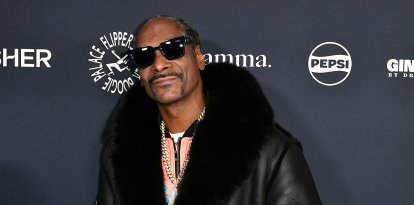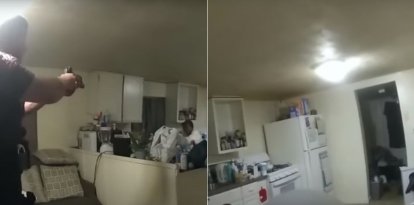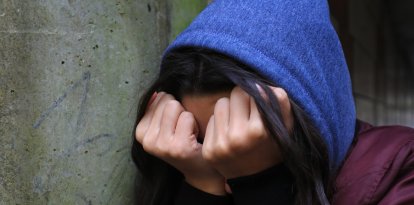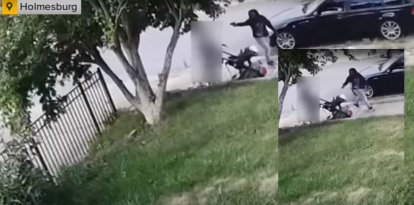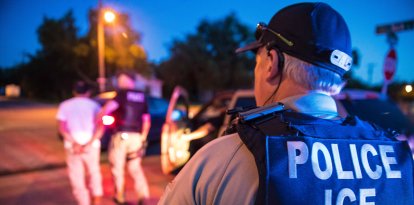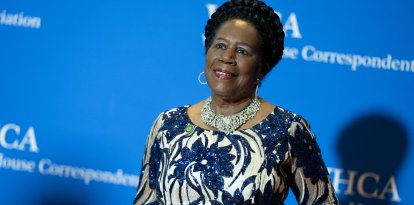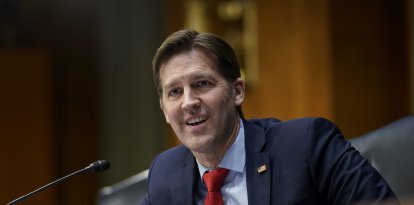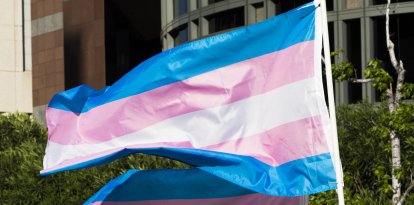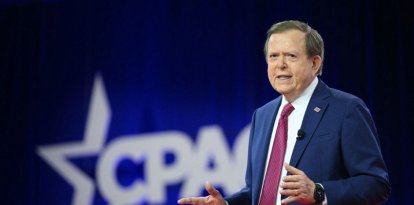Eight content creators on TikTok sue the federal government over a possible ban on the social network
The 33-page brief alleges that the ban on the platform constitutes a violation of the First Amendment by restricting "an entire medium of communication."
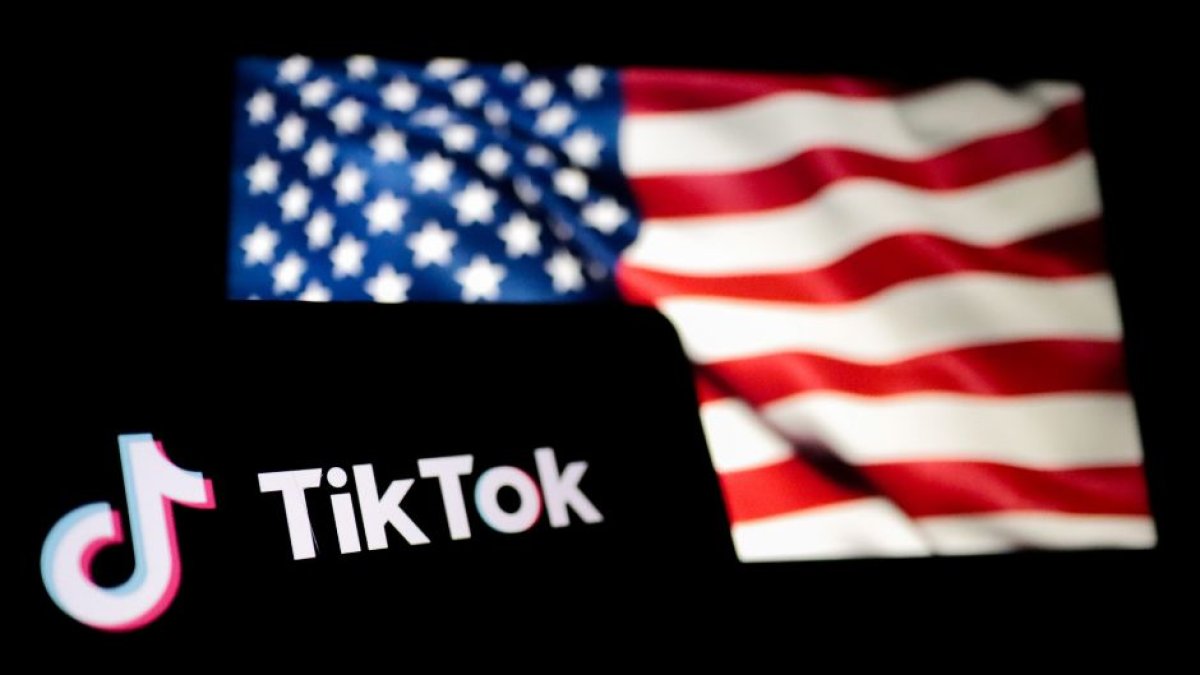
(Cordon Press)
Eight content creators on TikTok sued the federal government on Tuesday over a possible ban of the social network. The 33-page brief, filed before the United States Court of Appeals in Washington DC, alleges that the platform's veto constitutes a violation of the First Amendment.
Federal Creator Complaint by rosana.rabago
In this way, according to the lawsuit to which The Washington Post obtained access, the new law would violate the expression rights of the more than 170 million people who use the platform in the United States by prohibiting "an entire medium of communication":
Who are the people who sue the Government and why?
The people suing the Government, the newspaper reports, include a Texas rancher that sells its ranch products, a Tennessee woman talking about parenting and has a business selling cookies, a North Dakota college coach and a young university student recently graduated in North Carolina that tries to educate women on the social network about sexual violence and politics.
The judicial document is also signed by a rapper and Air Force veteran who publishes videos in which he asks people about the Bible; a lifestyle creator in DC, a beauty expert in Atlanta and owner of a skin care brand; and a creator from Arizona that creates content to talk about comedy, fashion and relationships.
The lawsuit states that all of them affirm that prohibiting the application in the country would not only affect their personal finances, but they would also lose a medium that, for them, is essential when giving their speeches and expressing themselves:
TikTok sues the US government
It should be noted that this judicial brief appears a week after TikTok, for its part, filed a suit against the United States Government, also alleging that the social network's veto violated the rights of expression of Americans.
That is the main concern that the new law raises for legislators. Called the Act to Protect Americans from Apps Controlled by Foreign Adversaries, the rule would ban TikTok nationwide unless ByteDance got rid of it and sold it to an American.
For its part, the Department of Justice continues to defend the new regulations. After learning of the lawsuit filed by the content creators, the government body issued a statement, reported by NBC News, in which it assured that they were working on "defending the legislation in court":
As happened with other lawsuits filed by content creators, the law firm Davis Wright Tremaine will be in charge of defending the tiktokers. According to the lead lawyer in the case, Ambika Kumar, to the television network, the law firm is financed by the social network itself, which is determined to prevent TikTok from being banned in the United States:















